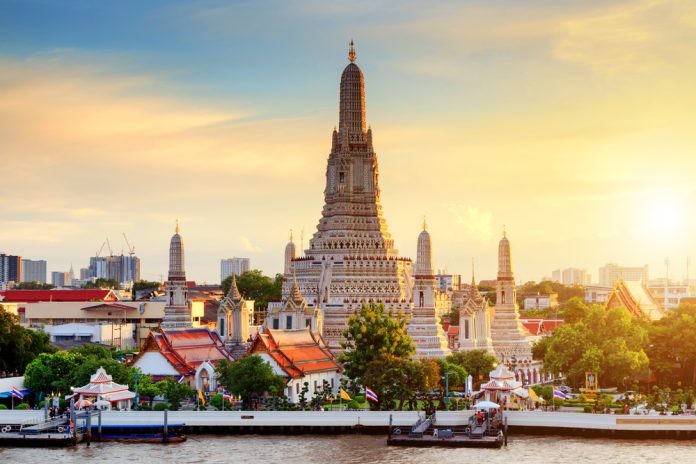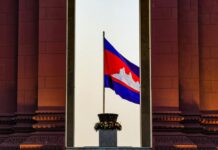Splits within Thailand’s Parliament have slowed down the momentum of the bill for the legalisation of casinos.
The Bangkok Post reported that the Bhumjaithai Party, which is part of a coalition government in the country, took exception to various elements of the bill, concerns that were fuelled by the backing of opposition benches.
They raised concerns over the validity of the financial and tourism uplift of the region as a result of the legalisation of casinos, citing that Thailand’s tourism economy is already thriving. These claims were also supported by the democratic party, which dispelled the notion that the sector in Thailand can replicate the success of Macau.
A tourism boost and enriching the fun economy were central to the pursuit of former Prime Minister Srettha Thavisin when it came to the opening of the casino sector.
Thavisin was, however, removed from office in the past week over an ethical violation. The plans for casino legislation were very much key to his agenda and his departure may well be seen as a setback for the sector.
He has been replaced by Deputy Prime Minister Phumtham Wechayachai, who was reportedly supportive of his plans. Nonetheless, the legislative credibility of the governing party has taken a key hit amidst the departure of Thavisin.
Regulations within the bill sought to ensure that venues were entertainment resorts rather than solely casinos, limiting them to just 5% of their venues being committed to gambling.
Bhumjaithai took issue with this section of the bill as well, emphasising a belief that it would dilute the employment opportunities for domestic workers.
Thailand’s market has attracted significant interest from a myriad of key global operators, including Genting which had pinpointed the region as a key one for growth opportunities.
As operator interest increases, the bidding processes for the casinos are also set to be completed this year, which will also be required to go through regulatory sign-off procedures.
Most recently, the bill was put back to the public for feedback, with ambitions that the region could win the race against other new markets such as the UAE and Japan and open its first casino by 2029.











